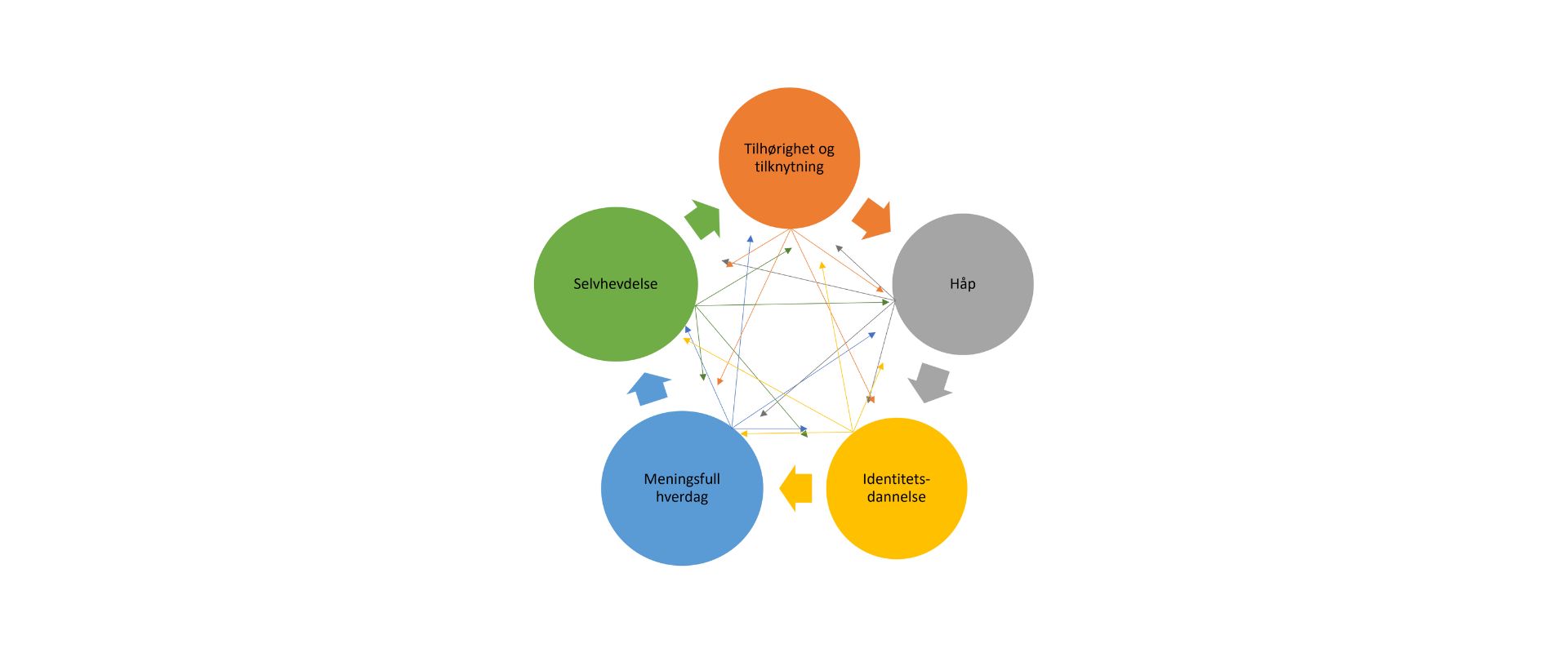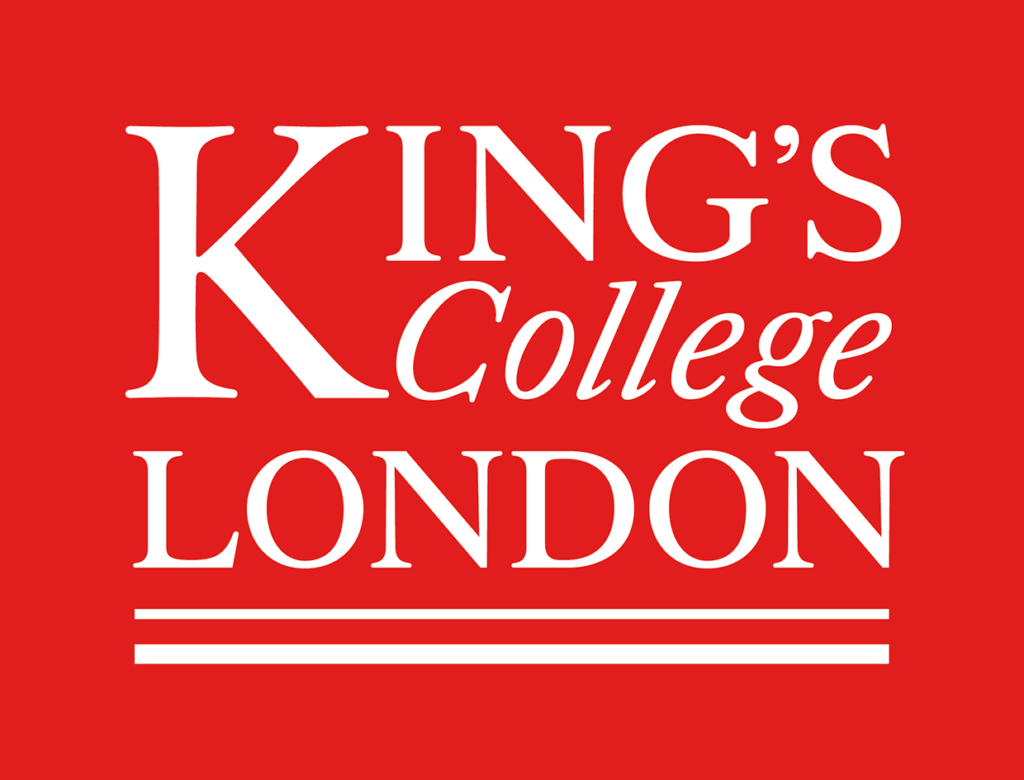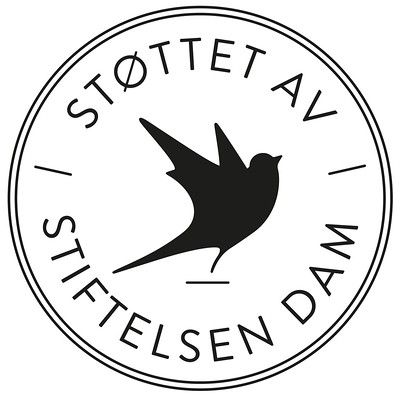Projectgroup:
Karl Johan Johansen (projectleader)
Anne Hirrich (projectcoordinator, on projectleave 1.12.2023-30.11.2024)
Yvonne Vornes (peer support worker)
Ottar Ness (NTNU)
Mary Leamy (King`s College)
Duration: 2023-2025
About CHIME 2.0
The project builds on the pilot project CHIME 1.0. The pilot examined challenges and drivers related to the implementation of recovery-oriented practices in health and welfare services in Norway. We identified significant variations in how service providers and leaders work with personal and/or clinical recovery and how they emphasize experiential expertise in working with service recipients.
The background for CHIME 2.0 is therefore the identified need to develop recovery-oriented mental health and addiction services in Norwegian municipalities, particularly based on the service recipient’s terms. Furthermore, there is a need to clarify how changes in knowledge, skills, and attitudes among all involved in service development should occur.
Developing Recovery-oriented Courses
In the CHIME 2.0 project, we will develop and deliver recovery-oriented training courses for service leaders and employees in municipal mental health and addiction services together with four Norwegian municipalities.
The goal is that the courses will be continued by the participating municipalities’ own employees and local volunteers, and to establish a digital training offering through KBT Vocational College. The training will address how practical recovery work can be organized, applied, and carried out in services.
Project Goals and Expectations
The project aims to:
- Enhance the quality of life for recipients of municipal mental health and addiction services by ensuring that the services:
- Work recovery-oriented
- Involve service recipients so that their strengths, needs, personal values, and goals are identified and emphasized
- Support leaders and employees in municipal mental health and addiction services to:
- Implement a recovery vision
- Create engagement and culture across their services
- Strengthen the practical skills and knowledge of employees within personal recovery to ensure good offers to the service recipient
What can CHIME 2.0 contribute to?
We have several expectations and thoughts on what CHIME 2.0 can contribute to and lead to:
- Strengthening a recovery-oriented service design on the user’s terms.
- Enhanced co-creation between service receivers and providers in learning processes about personal recovery.
- That more municipalities gain access to the training courses eventually.
- That voluntary user and family organizations gain access to the training courses.
- A systematic implementation of recovery-oriented practices and routines in services.
- Strengthened cooperation between services on the user’s terms.
- Collaborative relationships and a common recovery orientation between service providers and leaders.
- Improved knowledge, skills, and attitudes within personal recovery for health personnel.
- That participant municipalities continue the training courses after the project is completed.
- That the training courses are developed as educational offerings at KBT Fagskole.
Project partners
The project is a collaboration between KBT Vocational College, the Council for Mental Health, King’s College, and NTNU.
Municipalities of Bærum, Sandnes, Tromsø, and Trondheim offer various recovery-oriented mental health and addiction services and are motivated to further develop and systematize this offering. They are the four participating municipalities of the project.
Implementation of the Project
The training courses are developed in collaboration with service recipients, providers, and leaders in mental health and addiction services in the participating municipalities.
By services, we mean municipal businesses, units, or organizations that offer activities and measures within substance abuse and mental health assistance. Service recipients are, for example, users, participants, or patients of the services, or residents who receive municipal substance abuse and mental health assistance.
Service providers are municipal employees in the services such as experience consultants/coworkers, environmental and social workers, and healthcare personnel. Service leaders are municipal leaders in the services, for example, department and unit managers.
Progress of the Project
The project is conducted with 9 activities spread across 4 phases. In phases 1 and 2, we gather and analyze feedback, reflections, and input from service recipients, providers, and leaders. We will also develop and carry out a pilot of the training course.
In phase 3, we will conduct training courses in the remaining participant municipalities. In phase 4, we will work on the evaluation of the training courses as well as the continuation and dissemination of the training offer.
The 9 activities consist of the following:
- Mapping meetings with service leaders and the expert and advisory group
- Individual in-depth conversations with service recipients and providers
- Discussion meetings with service recipients and providers
- Collaboration workshops with project participants
- Closing events with project participants
- Pilot and completion of training courses
- Recovery-oriented training courses for service providers and leaders
- Follow-up meetings with service leaders and the expert and advisory group
- Continuation and digitalization of training offerings
The project is supported by the Dam Foundation
This is a translation of Norwegian information about the CHIME project. The translation was done using AI technology. Before publication, the text was read over and some corrections were made.





